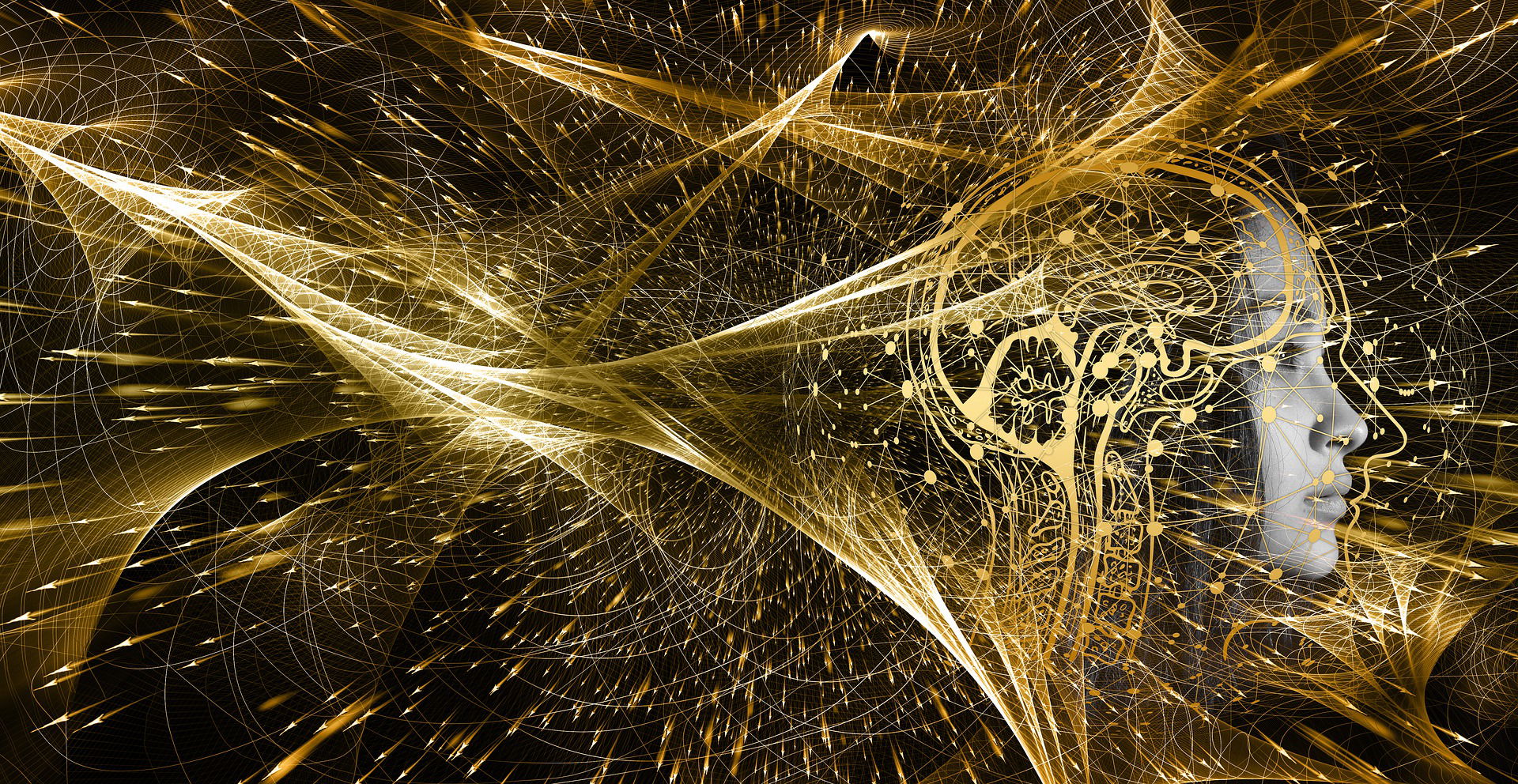Neurofeedback for Depression: Non-Invasive but Groundbreaking

Depression is one of the most common mental health struggles people all over the world experience daily.
Despite its high prevalence and extremely serious nature, depression is still not something that we can easily cure or overcome. From diagnosis to improvement, the road can be long and very difficult.
Beaverton Neurofeedback is dedicated to easing this journey, using neurofeedback for depression as an alternative therapy.
What is Neurofeedback Training?
Brain waves are electrical signals sent between brain cells in your brain. Cells communicate with one another through these impulses, which can occur when a person is deeply focused or relaxed. Neurofeedback carefully measures brain waves in order to assess your mood, level of stress, and other indicators.
Using professional equipment, brain activity is monitored and measured, and the person undergoing the treatment receives live feedback about how different things can trigger different brain responses.
We call this neurofeedback training because through the feedback received, we can learn how to train our brain to react in certain ways, or change the way it perceives certain triggers. Through continuous neurofeedback therapy, the brain slowly begins to unlearn its unhealthy pattern, thus bringing plenty of benefits in terms of mental health and well-being.
Depression Prevalence and Symptoms
An approximated 3.8% of the world's population suffers from depression, making it a widespread condition. Depression is distinct from common mood swings and fleeting emotional reactions to problems in daily life.
Depression differs from typical mood swings and brief emotional responses to day-to-day concerns. Depression has the potential to progress into a serious medical condition, particularly if it is persistent and of a moderate to an extreme degree.
Depressive symptoms, such as feelings of sorrow, anger, isolation, or a lack of pleasure or enthusiasm for activities, persist for a minimum of two weeks and are indicative of a depressive episode.
Other symptoms may include attention difficulties, excruciating remorse or poor self-worth, hopelessness about what the future holds, suicidal thoughts, trouble falling asleep or waking up in the morning, changes in eating habits, and feeling unusually weary.
How Helpful is Neurofeedback for Depression?
Using an EEG unit, you can measure your brain activity through neurofeedback. When your brain does the “correct” action, you are then rewarded. Sometimes the prize is something as simple as viewing a movie or listening to your favorite music. The reward ends or disappears as soon as your brain waves begin to shift in the opposite direction.
The brain picks up the “activity” it must exhibit in order to receive a favorable reward. In neuroscience, the correct brainwave state is the behavior. We are able to 'teach' our mind to behave in a specific manner because of neuroplasticity.
Using neurofeedback for depression enables the brain to change its condition on its own, which is one of its advantages. It tries to get back to the positive response connected to the best brain wave patterns. Consider the potential applications for treating depressive symptoms or even severe depression, in the form of major depressive disorder.
Recent clinical trials back up the effectiveness of neurofeedback for depression. In a 2019 study, neurofeedback was utilized to treat patients with treatment-resistant depression. They discovered that success rates were over 50% after twelve weeks. Thus, neurofeedback not only reduced the symptoms, but also aided in their recovery.
Should You Or A Loved One Consider Neurofeedback?
If you are looking to treat depression, depressive symptoms, or any other mental health problem, neurofeedback training is a great way to help your brain learn how to rewire itself and seek a balanced state.
It’s important if you are experiencing any mental or physical symptoms, and you suspect you may be suffering from severe anxiety, depression, or any other serious mental health condition, to seek the help of a professional in order to figure out the most effective treatment course for you.
First and foremost, get diagnosed. It is the first step if you wish to treat depression or any other condition. You may need to undergo other treatments alongside neurofeedback training – either way, as neurofeedback measures brain activity in a non-invasive way, it will not interfere with any other treatment you may follow.
Neurofeedback is a great alternative therapy to consider because it can only bring positive outcomes. The neurofeedback protocol for depressive and anxiety disorders is all about working with yourself to improve residual depressive symptoms or other symptomatology, without medication (other than the one prescribed by your healthcare professional, if needed).
Should You Or A Loved One Consider Neurofeedback?
At Beaverton Neurofeedback, it is your choice if you want to undergo neurofeedback training in our office, or from the comfort of your own home. Either way, we bring the best equipment, and professionals to help you throughout your journey.
Whether you want to use neurofeedback for depression, any other mental disorder, or you are just looking to improve brain function and learn about what your brain waves reflect, we are here to oversee your journey!




